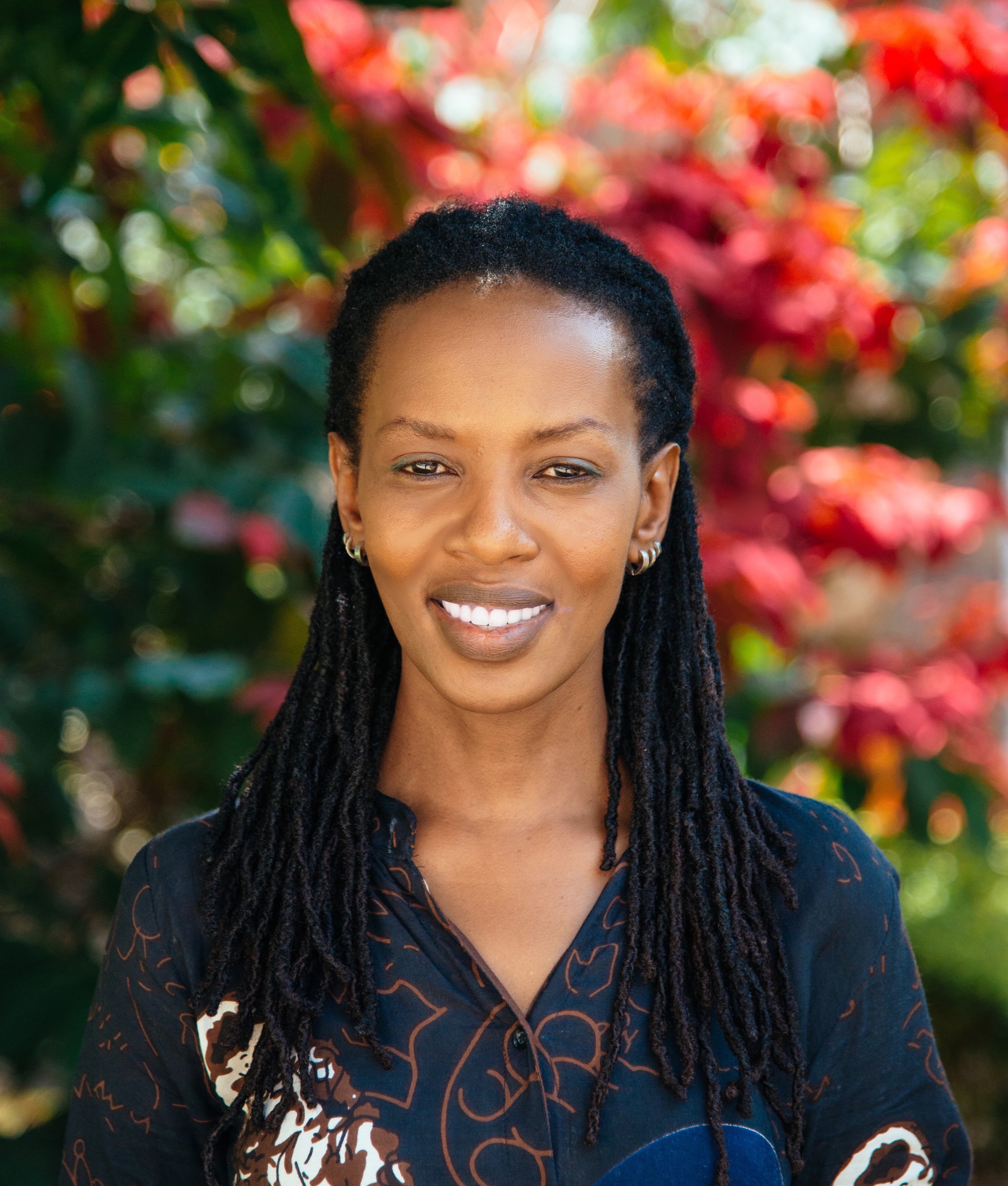Performing artists from around the world unite in Rwanda for a festival that defines what it means to "be human."
McNULTY PRIZE LAUREATE
In the wake of the 1994 Genocide against the Tutsi, the country embarked on a sustained process of reconciliation that has become a model for nations around the world. The Ubumuntu Arts Festival supports national and international peace-building by providing a platform for performing arts that deal with the social trauma of violence in all its forms. In addition to the festival, Ubumuntu works to advocate for arts education and build the capacity of Rwandan artists as a tool for healing and dialogue.
30
Countries have been represented by performances at the Festival.
13,000
People have attended the Ubumuntu Festival since 2015.
53
Performances have appeared in the Ubumuntu Festival

As the founder and curator of the Ubumuntu Arts Festival and Organization, Hope Azeda has provided the vision for using arts to help societies around the world deal with their own traumas and to connect with the international community. A refugee herself, Hope spent much of her upbringing in Uganda before returning to Rwanda in 1998, where she became a celebrated leader of the country’s arts sector. She served as the Director of Civic Education of the National Unity Reconciliation Commissioner and as the director and founder of the internationally acclaimed Mashirika Performing Arts and Media Company.
The festival takes place within a physical representation of failed humanity, the Kigali Genocide Memorial, and creates an environment of shared humanity.
Ubumuntu Arts provides a platform for artists from all over the world to present performances dealing with difficult aspects of societal violence and human nature, from police brutality, to mass incarceration, to civil war and genocide. Both the timing and location of the festival hold deep historical and moral significance. The festival takes place at the Kigali Genocide Memorial, built on the resting place of 250,000 Tutsi. It occurs in July, during the final week of the 100-day commemoration of the 1994 Genocide against the Tutsi. The impact the festival has on visitors and artists, however, extends far beyond the flagship event, and many attendees have returned home to start similar festivals in their own countries. Ubumuntu’s performances, workshops, panels and genocide memorial visits encourage participants to remember the past, celebrate the present, and build a more peaceful future.
Since its inception in 2015, Ubumuntu Arts has continued to grow in scale and global recognition. Hope and her team are successfully shaping the arts education sector beyond the festival itself by working directly with the Rwandan Government to develop a school arts curriculum and serving as a beacon of hope for peace-building efforts around the world.